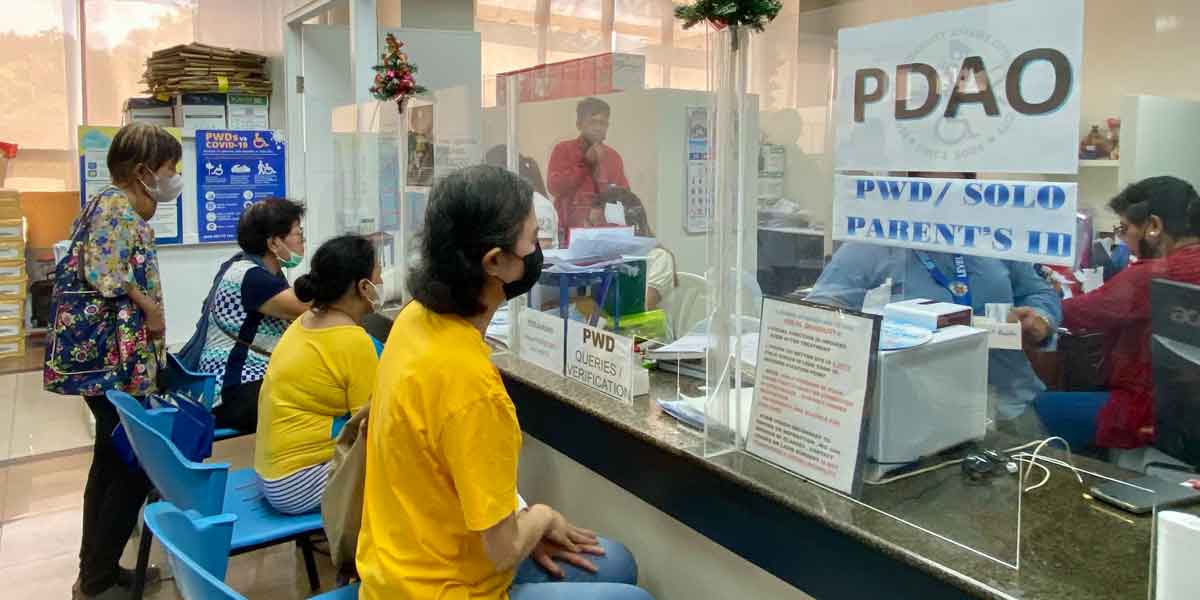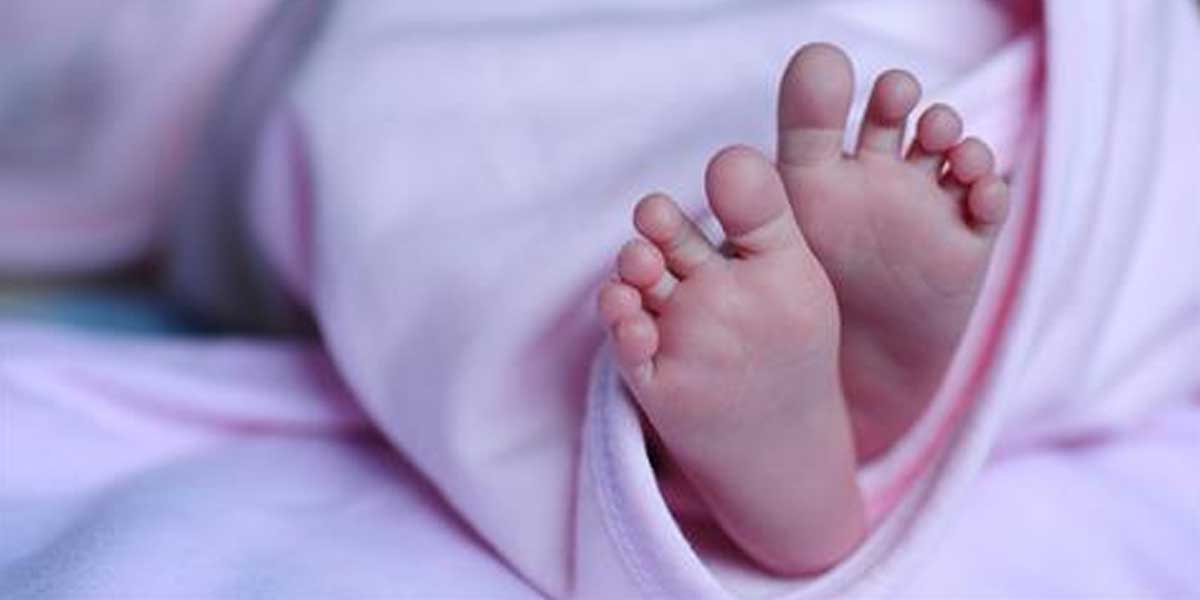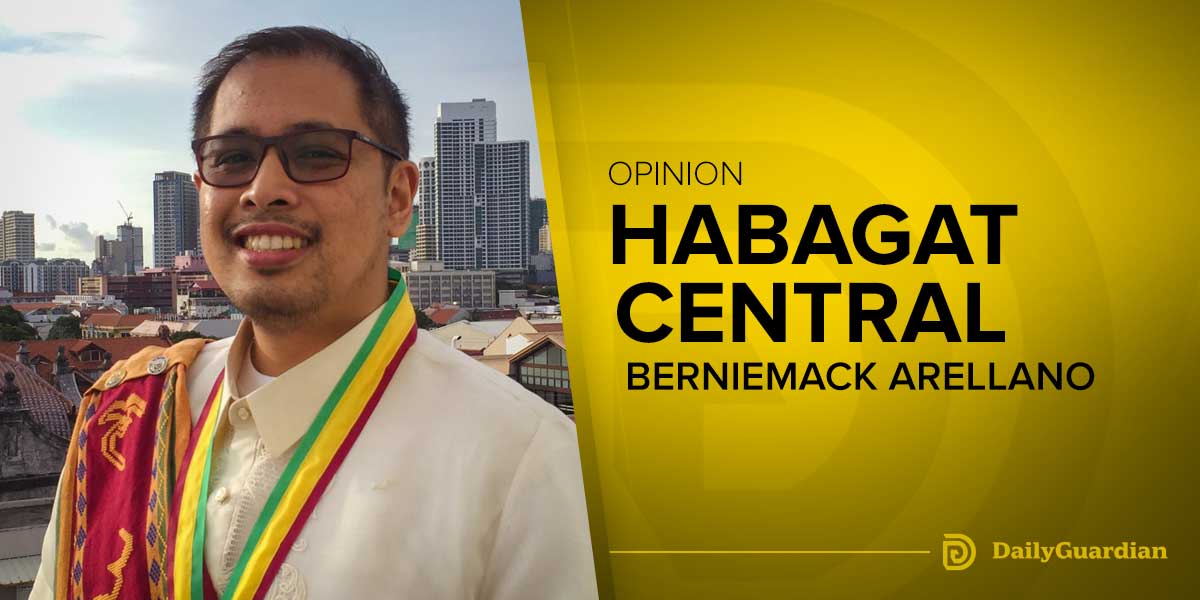 By Modesto P. Sa-onoy
By Modesto P. Sa-onoy
It is not news that the quarantine that drove people out from the streets into the confine of their homes emptied schools, malls, hotels, restaurants, coffee shops, churches, gyms, and all places where people congregate. Business thrives on the presence of people whose money keep businesses moving, profiting, expanding, and providing people with money to spend.
While the quarantine was readily accepted by the people as the only remedy that government and the health and medical profession could prescribe, the length of the quarantine that borders on lockdowns has now shown the disastrous effect on the economic and educational sector.
The Employers Confederation of the Philippines last week warned that “further extension of lockdown measures to contain the coronavirus disease could lead to more shuttered businesses.”
ECOP president Sergio Ortiz-Luis Jr. said businesses are now “practically dead” two months after the government placed Metro Manila and the rest of Luzon under an enhanced community quarantine.
Not just Luzon but other parts of the country like Negros and Bacolod that despite the minimal presence of the virus adopted a total lockdown that closed businesses, schools, and churches, in effect stopping almost all human movement.
“It’s not a survival rate. They are dead now,” Ortiz told “The Chiefs” on One News/TV5 on last Tuesday evening.
The government has since shifted to a modified enhanced community quarantine to allow business establishments to resume operations even on a limited capacity but even then, workers had not returned to their former jobs and without hope when their jobs would be available, if at all.
However, Ortiz warned that extending the restrictions further under MECQ could have dire consequences especially for micro, small and medium enterprises. “When you extend it longer, even those that reopened would eventually close for lack of resources,” he said.
Ortiz added that “the establishments that have reopened are only working at 20 percent capacity. The effects are so severe that recovery is unlikely by the end of the year.”
It is good that the ECOP is issuing the warning because its clout is often heard in the corridors of power. But one sector that seems to have been neglected to consider in the equation are the private schools that are, like the business sector, suffering. The Department of Education flip flops when to open the schools while the Commission on Higher Education has not made up its mind.
Forgotten in the concern for the economy are the private schools that are dependent on tuition and other fees. It is wrong to think that only those with secure financial conditions send their children to private schools. There are many salaried people who opt for the private schools and the loss of job will force their children to the public schools.
But that is for some time to worry about. At this time, thousands of private school teachers are without income and no assurance that they will have a job when school reopens.
Their insecurity is worsened by the talks that there are plans to cancel the school year 2020-2021. That is over one year for private schools without income and teachers thrown out of jobs.
People readily think of the big private educational establishments when we speak of private school. But there are hundreds of small ones in almost all towns and cities of the Philippines: high school, elementary schools, and lower grades schools. Unlike the big business, they have the least resources.
I listened to the laments of private school teachers who had not received a salary since March. Their school gave them some rice and foodstuffs that lasted two days and because they are not considered “poor” they could not qualify for the government dole out under the Social Amelioration program.
Until school reopens and they are hired back, they will be jobless. They have families too.
Even the big schools cannot afford to pay salaries unless schools reopen. The teachers in public schools are making demands to suspend the school reopening until next year. Fine with them because they are government employees and whether schools opened or not, they are paid their usual salaries.
The government will have a gargantuan problem if the school year was suspended. Many private schools will have to close, and their students must be absorbed by the public school. Can the government handle the stampede?



















